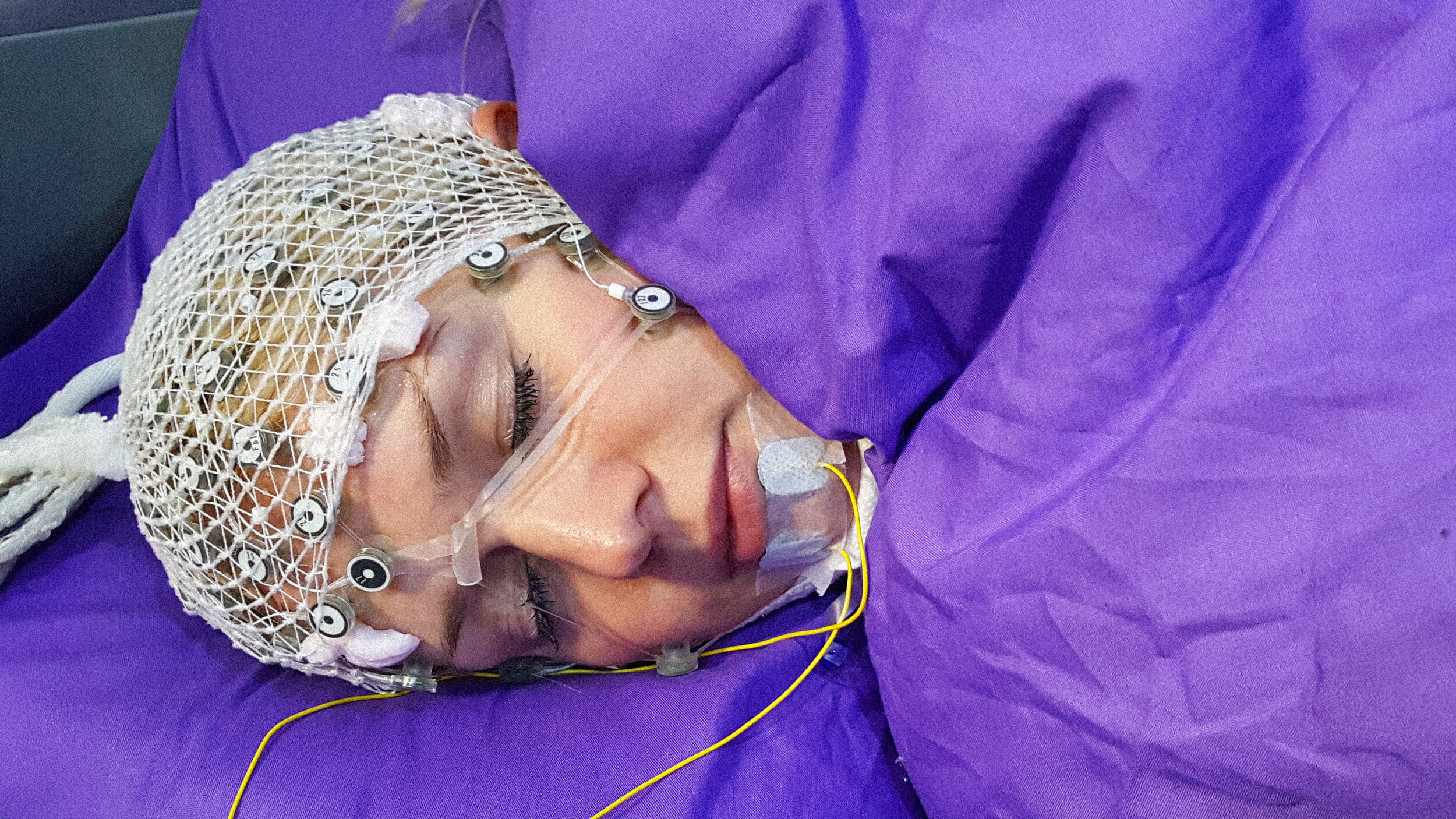Trauma Switch Keeps One Bad Event From Turning Into PTSD

Article written by guest writer Kecia Lynn
What’s the Latest Development?
New research at the University of Exeter reveals the mechanism by which the brain protects humans from developing uncontrollable fear in response to stressful or traumatic events. Receptors in the brain’s emotional center (amygdala) are reprogrammed during these events, and these receptors in turn direct neurons to either remain active and produce emotions or to deactivate and stop producing emotions. To conduct the study, researchers deactivated these receptors in mice genetically; they learned that even to mild stimuli the mice reacted with almost pathological fear.
What’s the Big Idea?
Robert Pawlak of the University of Exeter says, “The discovery that the same receptor can either awaken neurons or ‘switch them off’ depending on previous trauma and stress experience adds an entirely new dimension to our knowledge of how the brain operates and emotions are formed. We are now planning to extend our study to investigate if the above mechanisms, or genetic defects of the PAR1 receptor, are responsible for the development of anxiety disorders and depression in human patients.”
Photo Credit: Shutterstock.com





